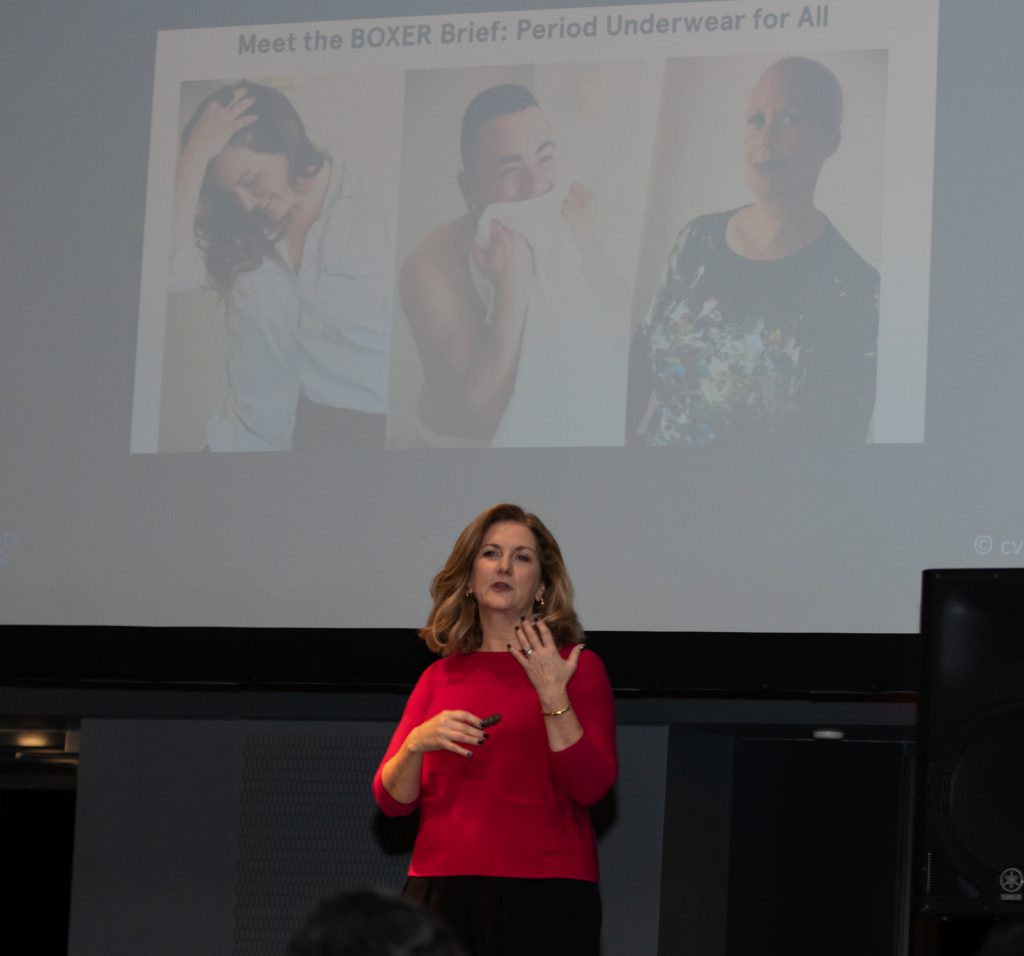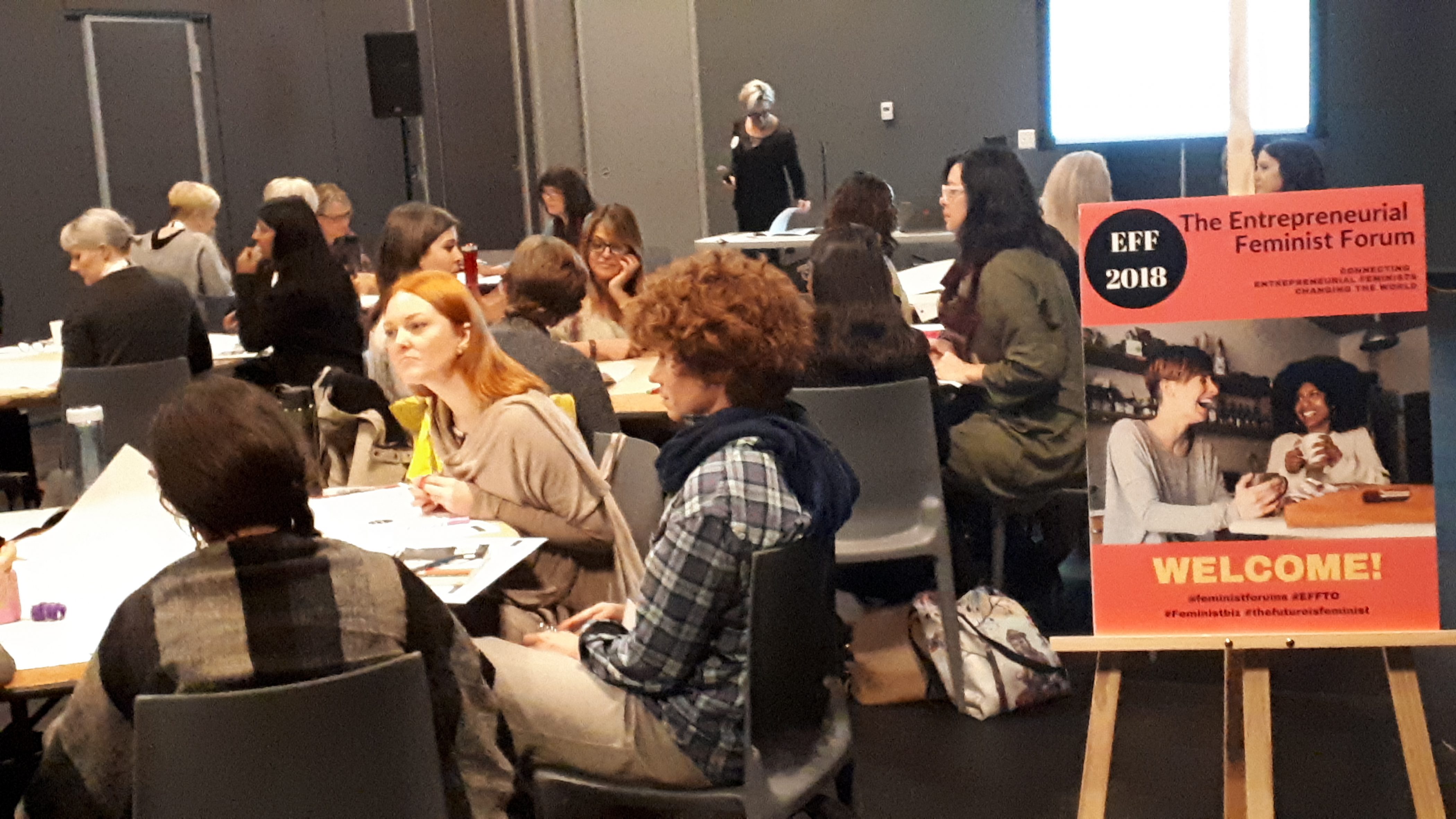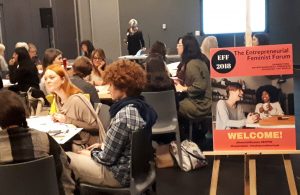
Along with crowdfunding, biometric cash assistance, cryptocurrencies, and mobile wallets, another growing digitally enabled source of capital is women-focused capital funds (WFCFs). These funds target women-owned, women-led enterprises, femme and non-binary entrepreneurs, and aim to level the access-to-capital playing field.
That’s the good news. However, a newly released study in Small Business Economics on WFCFs suggests feminist investors, policymakers, and entrepreneurs need to be asking more questions before resting their feminist boots. Professors Barbara Orser of Telfer School of Management at University of Ottawa, Susan Coleman of Hartford University, and doctoral student Yanhong Li recently examined the market positioning of 27 funds in the US and Canada. “We were curious to learn if women-centric investment pools, such as WFCFs, aim to alter exchange processes to support justice and gender equality. At the end of the day, we found that the majority of funds focus on fixing women. Few seek to address structural or institutional impediments,” said Orser. “The bottom line is that among the funds that we examined, only a minority sought to counter structural barriers associated with women entrepreneurs’ access to capital. Most were positioned to facilitate individual wealth creation.”
The study found that this kind of pinkwashing is most likely when funds are created as add-ons to mainstream programs and services, rather than as a central element of the organization’s mission of supporting women and non-binary femmes. In addition, few of the funds displayed third-party assessment or an audit of the fund. Opaque accountability and an absence of independent evaluations were common. This means we cannot always be sure that the funds set to advance women-owned and led ventures actually get to them.
According to the researchers, most WFCFs fall short of supporting a feminist agenda to address institutional and market barriers. The team concludes that, depending on the investment, some WFCFs challenge while some simply perpetuate bias and reinforce structural constraints that impede women entrepreneurs by not actually changing investment due diligence and approval orthodoxies.
The study offers feminist investors insights to consider before assuming that all funds serve an inclusive economic agenda. This study also alerts LiisBeth readers that there are an increasing number of differentiated WFCFs, so it is wise to shop around—and keep your feminist boots walking.
To download the study (for free), click here.
Creating researched and inspirational content to support and advocate for feminist changemaking takes hundreds of hours each month. If you find value and nourishment here, please consider becoming a donor subscriber or patron at a level of your choosing. Priced between a cup of coffee or one take out salad per month.
Support LiisBeth
Have you had an experience trying to secure funding for women-focused capital funds? Were you successful? Rejected? Tell us your story! (We’ll keep it confidential.)
Related Reading
https://www.liisbeth.com/2019/11/22/righting-who-writes-code/
https://www.liisbeth.com/2019/04/26/where-are-the-women-in-canadas-women-in-tech-venture-fund/










